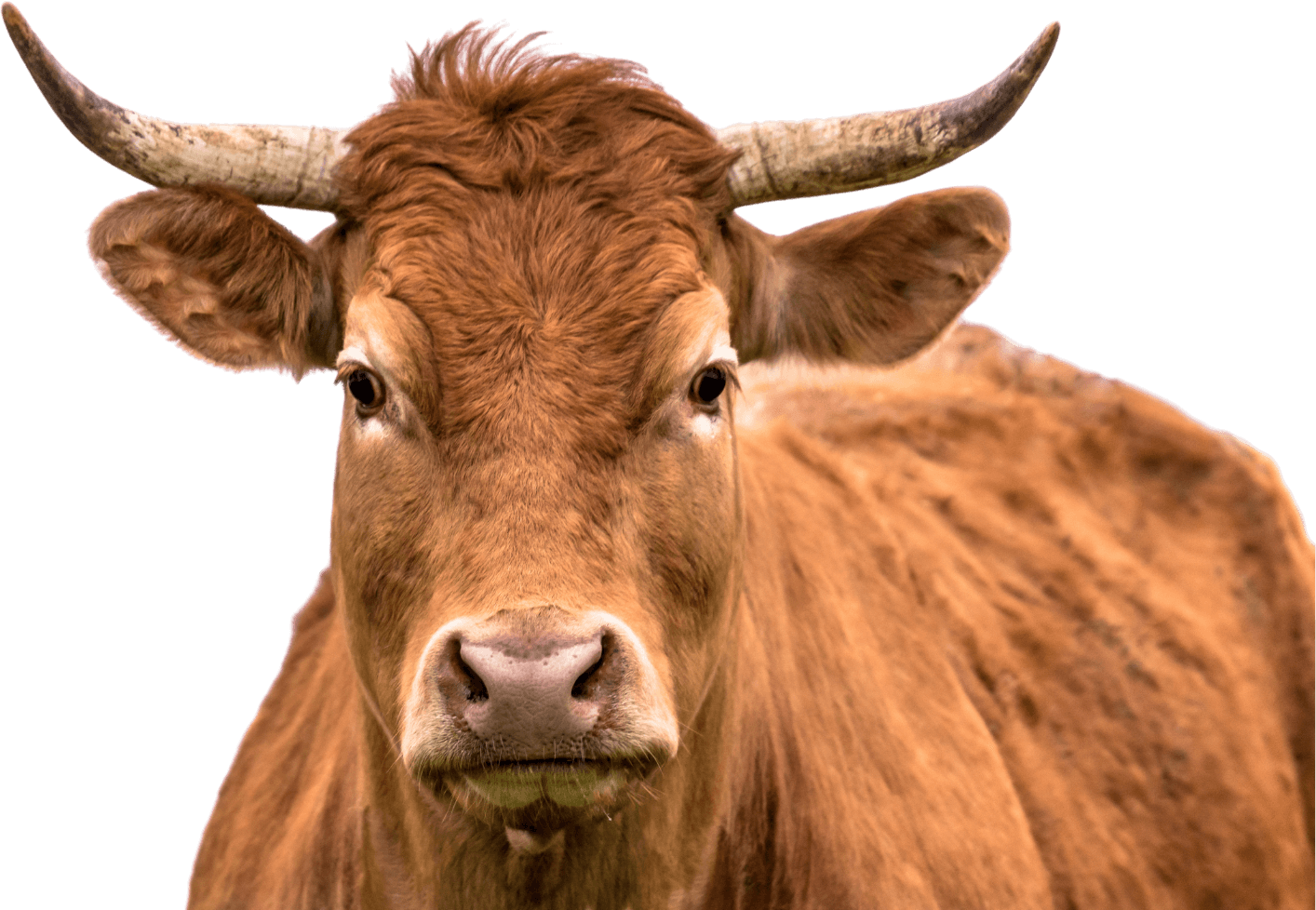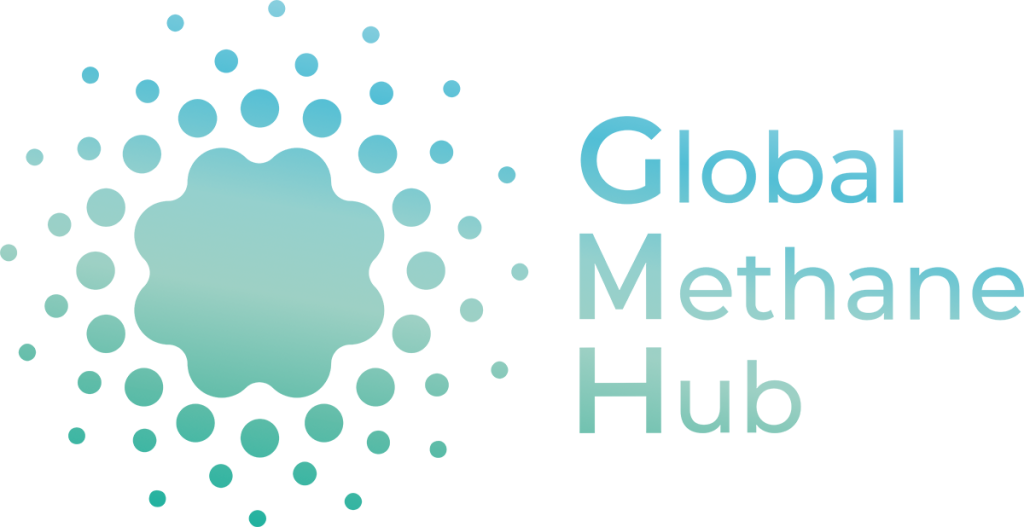
The Accelerator is the largest, globally coordinated public-good investment in breakthrough research tackling livestock methane emissions, the largest single contributor to global food system methane emissions. The Accelerator can fund areas that, to date, have received little support and are potentially crucial to delivering effective mitigation measures that are so urgently required.
The Accelerator aims to fund the development of a holistic and balanced portfolio of research and technologies to decrease the production of methane that will be attractive for farmers to adopt and viable within the diverse nature of livestock production systems globally. The volume of such research has increased in recent decades, but while some solutions exist, scaling their adoption globally has been slow.
A Science Oversight Committee (SOC) was formed to provide independent science advice to the Accelerator. The SOC was crucial in developing the Accelerator’s research strategy by identifying seven key research areas and the priority questions within each area with the most promise for delivering innovative technologies for enteric methane mitigation. With the SOC's guidance, the Accelerator is now focused on answering those priority research questions to fill current knowledge gaps.
Are you a researcher involved in livestock enteric methane emissions? We invite you to tell us about your research interests and capabilities.









